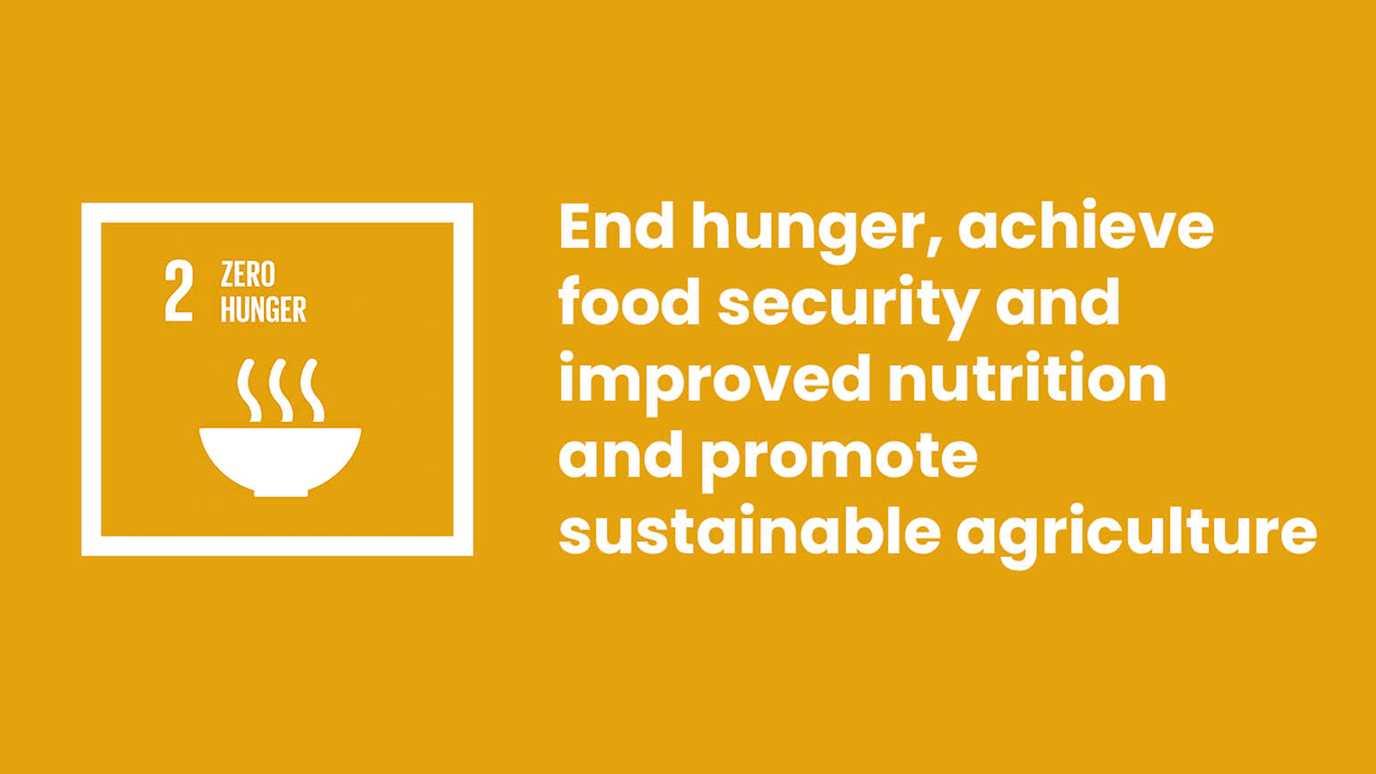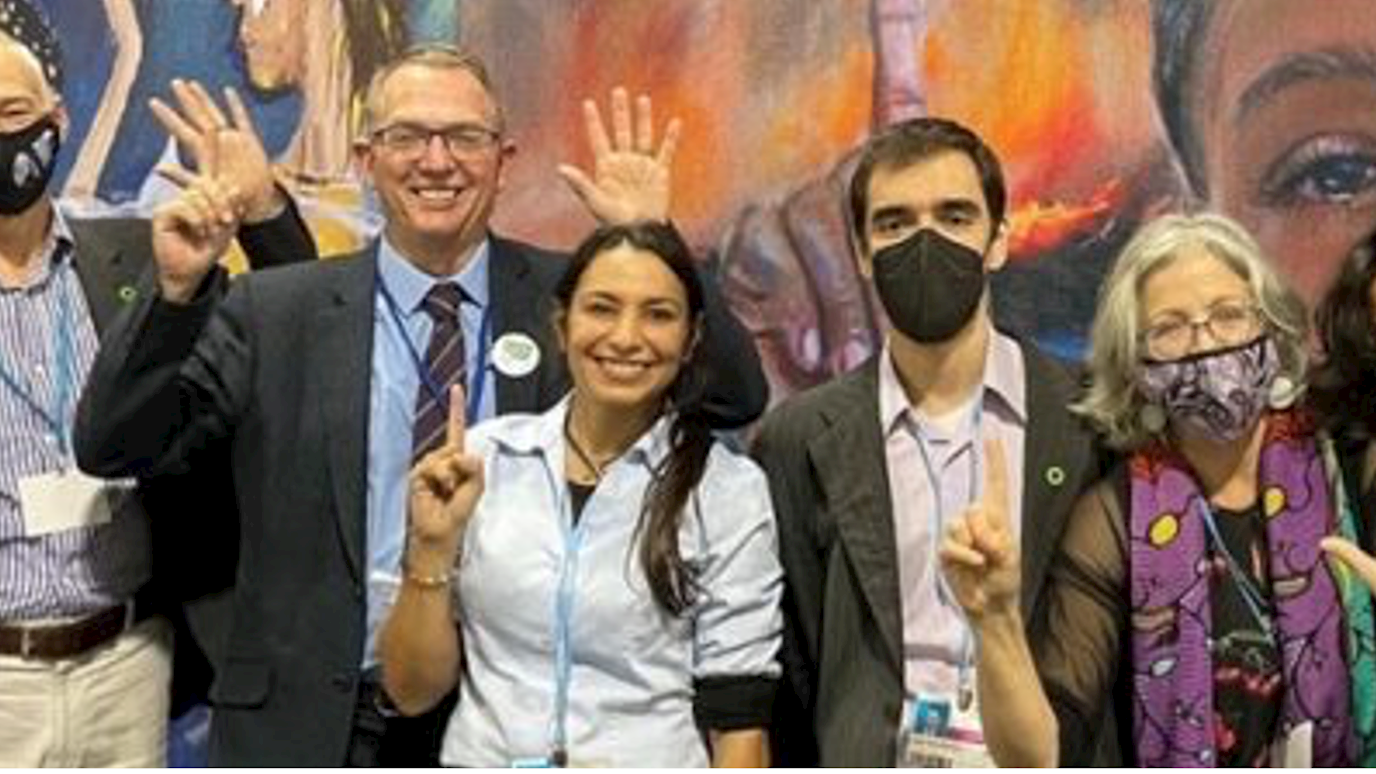Changing our food systems is probably the greatest challenge facing the world today, write a group of scholars in Humanities at Royal Holloway. To meet it, we need to understand and change the narratives around food production and consumption.

Global population is estimated to be 7.8 billion and will likely reach 10 billion by the 2050s, with much of the growth coming from Africa and Asia. Pakistan, for example, will be a nation of 380 million people by 2050 (currently 220 million). Ensuring affordable, accessible and healthy food will be a first order challenge for the global community. Currently, world food supply is concentrated on a very narrow range of food crops and there are concerns that our ecosystems are not only being depleted by continued over-production and over-reliance on monocrop production (such as palm oil) but also not being restored sufficiently. Intensifying climate change, pestilence and unsustainable agricultural practices will worsen food security for millions around the world. According to the UN report on the State of Food Security and Nutrition in the World, up to 810 million people went hungry in 2020.
Changing our food systems is probably the greatest challenge facing the world today. Climate change, soil erosion, intensive farming, political and social injustice, war and consumer demands have pushed towards unsustainability. The COVID-19 pandemic has also worsened hunger and malnourishment. Nearly 700 million people were reported to be undernourished in 2020. The challenges posed by the climate crisis are usually thought of in terms of science or social science perspectives. Metrics such as prevalence of under-nourishment (PoU) are used by international agencies such as the World Bank to estimate the scale of the problem on a national and global scale. Reducing carbon emissions and developing more sustainable ways of living do indeed demand technological innovations developed through applying advances in scientific knowledge and understanding. But sustainability in food production and consumption and the questioning and changing of narratives that must fuel them speaks to the power of the Humanities.
Image shows a mosaic with a dish of snails.
What the Humanities bring to sustainability in food production
As a group of scholars in the School of Humanities with interests in how and why tastes in food and drink are constructed and developed, we began sharing thoughts on this theme about a year ago. We come to the issues of production, consumption, and taste – and the issues of equality bound up with taste – from different disciplinary starting points: archaeology, history, literary criticism and cultural theory. We discovered common points of interest in questions about the inedible, unpalatable and indigestible. We swapped research we had carried out on why people ate insects, insisted on consuming only raw wild herbs and even gnawed sticks; why tomatoes were, for centuries after being introduced into Europe, regarded as inedible, and why people continued to drink coffee despite finding it unpalatable. Our research speaks directly to UN Sustainable Development Goals (SDGs) 2 and 12: eliminating hunger and promoting responsible consumption and production means taking seriously health and sustainable diets and food systems.
Tastes for food and drink are based initially on availability of raw materials but evolve according to complex webs of exchange and influence. At the same time, other foods are considered unpalatable or inedible. We wanted to explore ideas of the inedible, indigestible, and unpalatable across historical periods and contemporary cultures. This entailed thinking about value judgements, power relations and cultural and economic imperatives that fuel perceptions of what is edible or inedible, palatable, or unpalatable. As the recent 2021 UN Food Systems Summit discussed, there are also other issues such as gender equality and empowerment of women that need to be taken into account when thinking about the power dynamics inherent in food systems and food cultures.
Image above shows live eels in a bowl. Photo by Erica Rowan.
These are urgent questions not just because understanding choices in food and drink can help us understand integration, conflict, dispossession and competition, but also because they speak directly to questions of sustainability (and what is simply unsustainable). Foods that many have either considered inedible – such as protein-rich insects – or have simply ignored – such as wild-growing plants – are now understood to be sustainable ways of resourcing our needs. As we become increasingly aware of the effects of climate change on eating habits, as with the recent news on the poor durum wheat harvest, the need to understand possible alternatives, and how they might be produced, distributed and consumed equitably, becomes critical.
Unpalatable, Inedible and Indigestible
Our symposium, ‘Unpalatable, Inedible and Indigestible: Exploring Boundaries, Constructs and Communities in Human Food Practices’, held online on 19-20 May 2021, brought together academic staff and students from across Royal Holloway to share research initiatives, practices and results in an interdisciplinary forum. We designed a format to include as many voices as possible by encouraging short presentations on research as well a round-table dedicated specifically to Sustainability. The keynote, by Professor Klaus Dodds, introduced the web of relationships between sustainability and consumption by focusing on ice, food insecurity, indigenous communities and climate change in and around the Arctic. Food insecurity is an urgent issue for many vulnerable and marginalised communities around the world. Themes on which speakers shared their thoughts included how ideas of what the inedible and unpalatable causes or reflects exclusion from and inclusion in communities; the boundaries between food and ‘non-food’; changes in diets and food cultures; and ideologically motivated abstinence and fasting.
Papers dealing with historical food practices covered areas such as the perceived morality of certain food types, the representational quality of indigenous foods, the adoption of non-standard foods in times of crisis and/or poverty, ideologies of raw food and ‘grazing’, cannibalism, the gendering of types of alcohol, and the emergence of a food-preserving industry supporting exploration. Contemporary themes included fermentation as practice and ideology, racial stereotyping in food advertising, food as a cultural marker in cinema, religious restrictions on food and drink types, state provision for people with food-related health provisions, and comparative cultural understandings of food consumption and health.
Image shows hands cupping coffee during processing. Photo by Pablo Merchán Montes.
Food and Drink on the Brink at COP26 Forum
The Food Group is planning its future research and engagement agenda. On Tuesday 9 November, we will be running an event including Humanities and Biological Sciences colleagues, for students and staff as part of the Royal Holloway COP26 Forum, called ‘Food and Drink on the Brink: Sustainable eating on campus – a long view’. Taking as a starting point some of the items we consume on campus, this event will explore their cultural history and raise issues to do with supply chains and carbon footprints.
Beyond that, we are interested in incorporating some of these concerns into our undergraduate and postgraduate teaching; in developing research projects that address critical issues of food (in)security from a Humanities perspective; and in helping to develop engagement activities that will enable local communities to think about and act on how we might move towards more responsible production and consumption.
The Food Group team of researchers in the Humanities includes Ruth Cruickshank, Judith Hawley, Andrew Jotischky, Stella Moss and Erica Rowan. We want to put the critical thinking of Humanities scholars at the heart of debates about consumption.
























